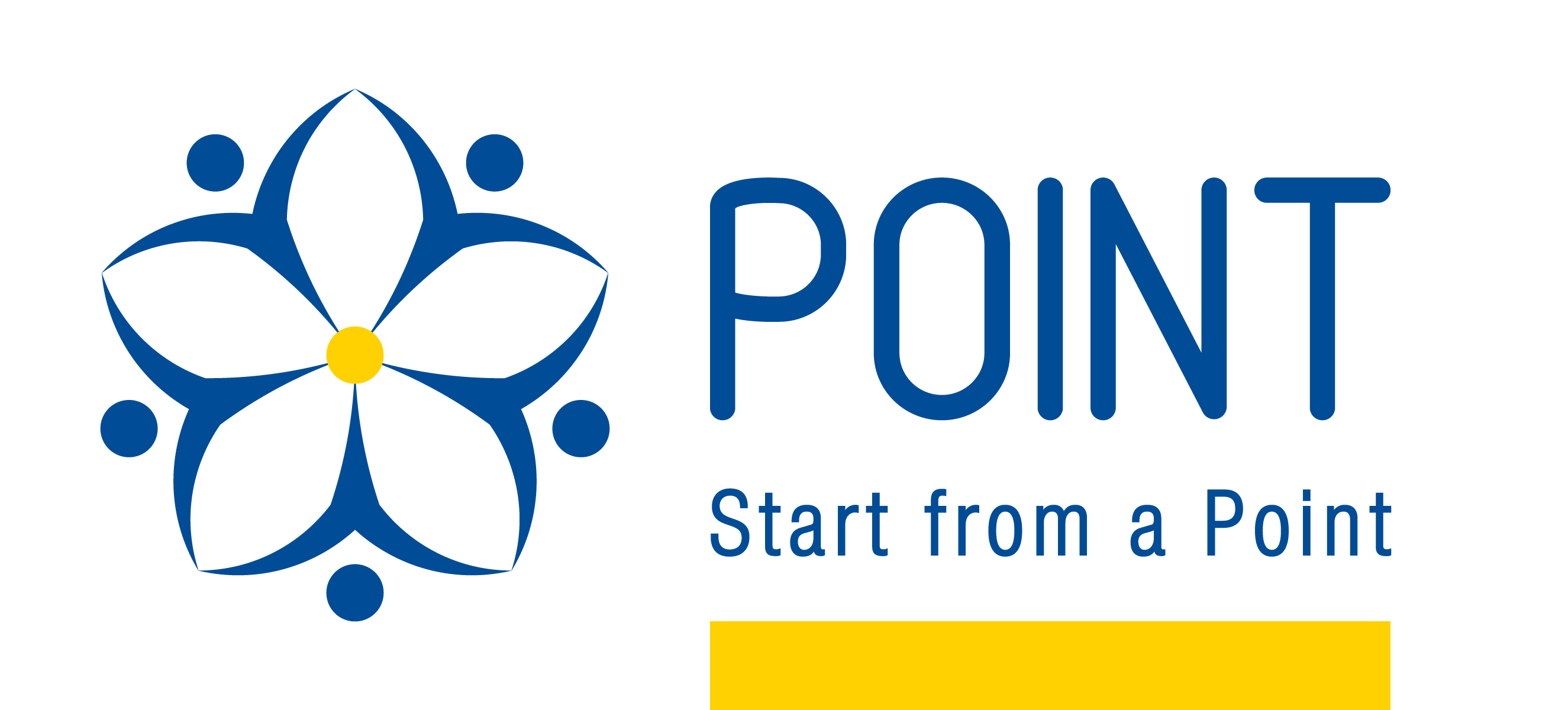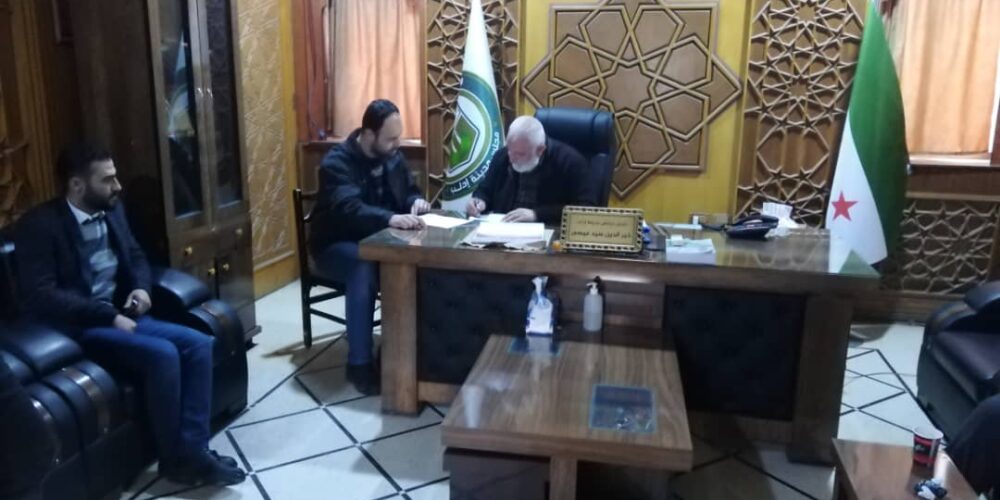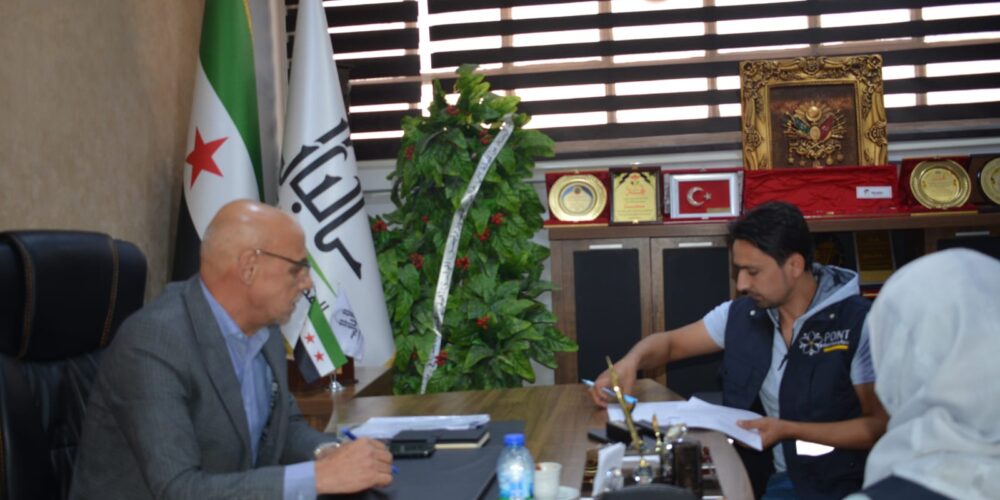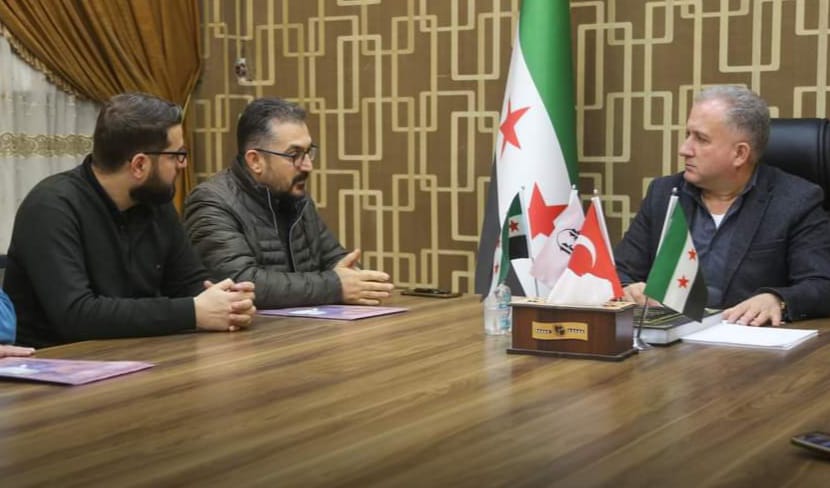POINT’s Coordination with Local Authorities, Clusters, and Other Stakeholders
POINT Organization maintains strong coordination with various stakeholders to ensure the effective implementation of its activities in Northwest Syria (NWS). This coordination includes engagement with local authorities, humanitarian clusters, and other key stakeholders, as well as formalizing agreements with Turkish authorities to facilitate cross-border operations.
1. Coordination with Local Authorities in NWS
POINT works closely with local councils, civil society organizations (CSOs), and other governance structures to ensure project alignment with community needs and local priorities. This coordination includes:
- Regular meetings and consultations to discuss humanitarian needs and project updates.
- Joint assessments and planning to ensure interventions are contextually appropriate.
- Securing necessary permissions to access project locations and implement activities smoothly.
2. Engagement with Humanitarian Clusters and Coordination Bodies
As an active participant in the cluster coordination system, POINT collaborates with sectoral clusters such as:
- Early Recovery and Livelihoods (ERL) Cluster
- Protection Cluster and its sub-working groups
- Education Cluster
- Food Security and Livelihoods (FSL) Cluster
Through these engagements, POINT ensures its interventions are coordinated, non-duplicative, and aligned with humanitarian response plans. The organization shares situation reports, assessment findings, and project updates with the clusters to contribute to collective response efforts.
3. Signing MoUs and Protocols with Turkish Authorities
Given that POINT operates across the Turkey-Syria border, the organization complies with Turkish regulations and maintains formal agreements with relevant authorities. This involves:
- Signing protocols with Turkish governmental bodies such as AFAD (Disaster and Emergency Management Authority) and relevant ministries.
- Ensuring compliance with Turkish laws governing cross-border humanitarian aid and NGO operations.
By formalizing these agreements, POINT enhances operational transparency and secures necessary authorizations for implementing cross-border projects.



